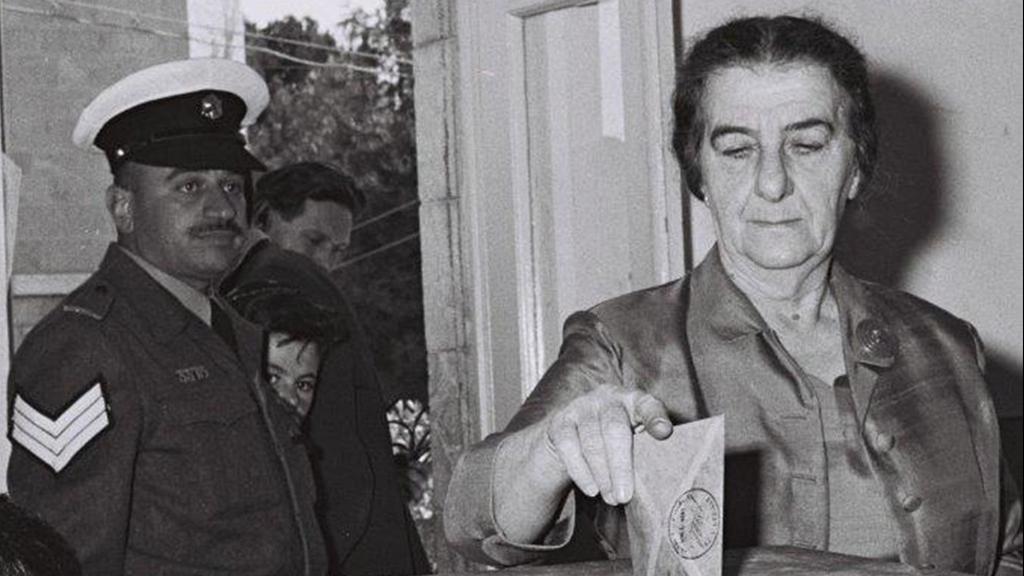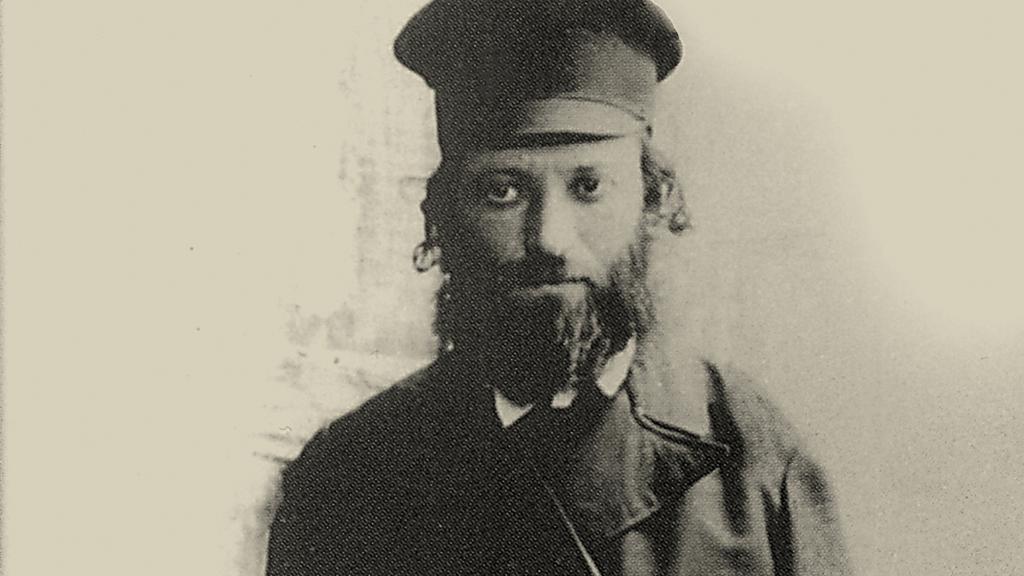One week ago, Israeli men and women exercised their civic duty for the third time in a year and cast their votes in the parliamentary elections.
Women's right to vote is now taken for granted but when the Jews began to resettle Palestine and early steps to created national institutions for the emerging state, were taken, efforts at equal rights for women to vote and be elected were undermined by some religious leaders.
This prompted the women of the old "Yishuv" to fight for their basic rights and in 1919, one of the first woman's party anywhere in the world was established.
This effort brought about the cooperation of women from all walks of life and communities: socialists and capitalists, so much so that one of the women was asked how such unions can be made? To which she replied: "As long as the doors to The Assembly of Representatives, (which preceded the Knesset) will remain open to you but closed to me I will join the underprivileged".
Leading up to the election of the first Assembly in 1920, an agreement was reached allowing women to participate in the vote with the understanding that once assembly members were elected, the question of equal voting rights would be revisited.
In order to facilitate the participation of the ultra-Orthodox community, separate polling stations some for the general public and some branded "kosher" allowing only men to enter, were opened. Votes from the Kosher ballots were counted twice: once for the man who cast his vote and once for his wife who stayed away.
The fight did not end even after 14 women were elected to the Assembly and the debate continued until 1926 when the Second Assembly of Representatives, with its 25 women members, voted for equal rights for women in all aspects of civil, political and economic life in the Jewish community.
This vote positioned the "Yishuv" as groundbreaking in terms of the women's vote when in France, for example, women were given voting rights only in 1944 and in Switzerland, the right was not extended until 1971.
Israel, which committed to equality at its foundation, legislated laws expressing as much, soon after the declaration of independence, with the Equal rights for Women act legislated in 1951.
But the struggle for equality that began in the early years of the 20th century continues today. Much has been accomplished over the years and key roles in many professions previously considered exclusively male, are slowly being filled by women.
The Israeli Judicial system had contributed substantially to that trajectory with groundbreaking rulings.
In 1988 the Supreme Court ruled that it is unlawful to deny women positions on local rabbinical councils.
And in 2012 the court ruled equal work must be awarded equal pay and anything to the contrary would be discriminatory on the part of the employer.
But despite legislation, Supreme Court rulings and societal changes that have all improved the position of women, there is still much to be done.
Too many women are still subject to subjugation, physical, mental, economic and social abuse and discrimination across the board.
Too many women are discriminated against and face adverse stereotyping in the workplace requiring women advocacy to continues by all available tools, and no less important is our need to remain alert to ensure no advances that were made would be eroded, as has happened in the past.
The fact that we, as women often silence ourselves to fit in with social norms, maybe one of the main obstacles to overcome, so I will end with an inspiring quote by the first female U.S. Secretary of State Madelaine Albright who said, " It took me quite a long time to develop a voice, and now that I have it, I am not going to be silent."
First published: 13:32, 03.08.20




